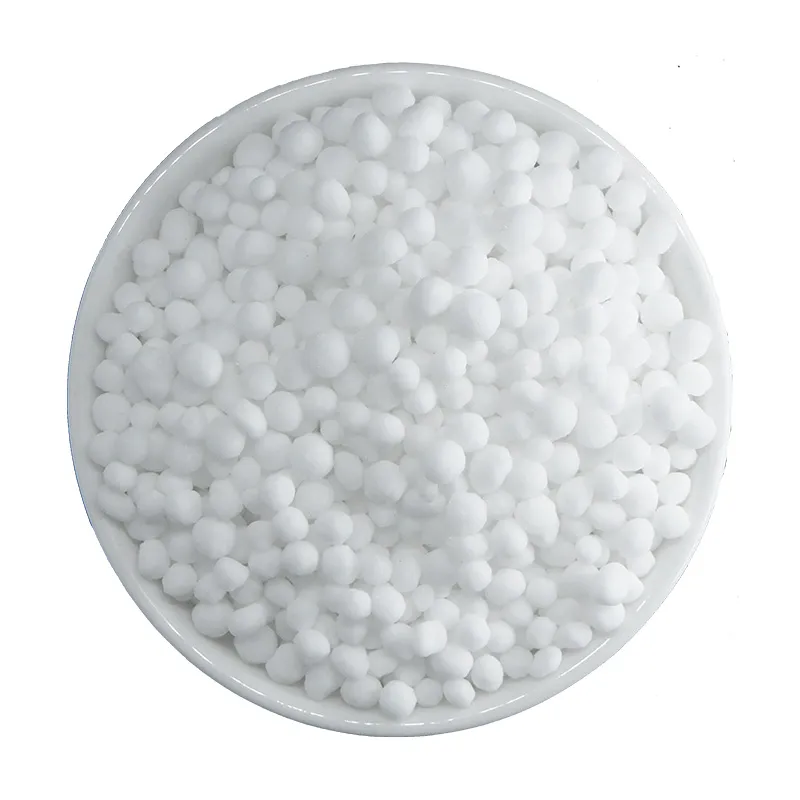
Nov . 24, 2024 11:02 Back to list
Natural Magnesium Fertilizer for Healthier Plants and Sustainable Growth Solutions
The Benefits of Organic Magnesium Fertilizer for Sustainable Agriculture
In an era where sustainable agriculture is becoming increasingly important, the use of organic fertilizers has gained significant attention. One such fertilizer, organic magnesium fertilizer, plays a vital role in enhancing soil health and promoting plant growth. Magnesium is an essential nutrient for plants, acting as a crucial component of chlorophyll. Without adequate magnesium, plants may exhibit stunted growth, yellowing leaves, and reduced crop yields.
Understanding Magnesium’s Role in Plant Growth
Magnesium is involved in many physiological processes within plants. It helps in the synthesis of chlorophyll, which is essential for photosynthesis—the process by which plants convert sunlight into energy. Magnesium also plays a role in enzyme activation, protein synthesis, and the regulation of other nutrients within the plant. A magnesium deficiency can lead to poor photosynthesis, ultimately resulting in lower productivity.
The Advantages of Organic Magnesium Fertilizer
Organic magnesium fertilizers are derived from natural sources, such as plant materials, animal manure, or mineral deposits. They not only provide magnesium but also improve soil structure, increase microbial activity, and enhance the overall health of the soil. Here are some of the key benefits of using organic magnesium fertilizers
1. Improved Soil Health Organic fertilizers enhance soil structure and improve its ability to retain moisture and nutrients. As organic matter decomposes, it enriches the soil, leading to a more robust ecosystem for beneficial microorganisms. This can improve the overall fertility of the soil, creating a more conducive environment for plant growth.
organic magnesium fertilizer

2. Sustainable Nutrient Supply Organic magnesium fertilizers release nutrients slowly over time, ensuring that plants have a steady supply of magnesium without the risk of nutrient leaching. This slow-release mechanism makes organic fertilizers particularly suitable for long-term crop production, as they can maintain nutrient levels in the soil without the need for frequent applications.
3. Environmental Benefits The use of organic fertilizers helps minimize the negative impacts associated with synthetic fertilizers. Organic magnesium fertilizers do not contribute to water pollution through runoff, and they reduce the risk of soil degradation and erosion. By promoting a healthier soil ecosystem, organic fertilizers contribute to the sustainability of agricultural practices.
4. Enhanced Crop Quality Crops grown with adequate magnesium levels tend to be healthier and more resilient to diseases. Better magnesium nutrition leads to improved chlorophyll production, resulting in darker green leaves and higher-quality produce. This can lead to increased market value for farmers, as consumers often seek out nutritious and vibrant fruits and vegetables.
5. Compatibility with Organic Farming For farmers practicing organic agriculture, the use of organic magnesium fertilizers aligns perfectly with the principles of organic farming. These fertilizers can be incorporated into crop rotation and intercropping systems, promoting biodiversity and soil health without the use of synthetic chemicals.
Conclusion
In conclusion, organic magnesium fertilizer is a valuable tool for farmers seeking to improve soil health, enhance crop yields, and embrace sustainable agricultural practices. By providing essential nutrients while promoting ecological balance, organic fertilizers contribute to a healthier environment and thriving agricultural systems. As the demand for organic produce continues to grow, investing in organic magnesium fertilizers can help farmers meet this demand while maintaining the integrity of their land for future generations. Through sustainable practices, we can ensure food security and protect our planet’s resources, one crop at a time.
-
Premium Amino Acid Fertilizer | Rapid Plant Growth Booster
NewsJul.31,2025
-
10 10 10 Fertilizer Organic—Balanced NPK for All Plants
NewsJul.30,2025
-
Premium 10 10 10 Fertilizer Organic for Balanced Plant Growth
NewsJul.29,2025
-
Premium 10 10 10 Fertilizer Organic for Balanced Plant Growth
NewsJul.29,2025
-
Premium 10 10 10 Fertilizer Organic for Balanced Plant Growth
NewsJul.29,2025
-
50 Pound Bags of 13-13-13 Fertilizer for All Plants – Bulk & Organic Options
NewsJul.28,2025
